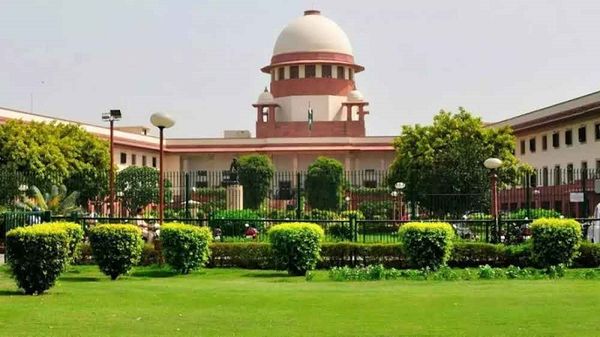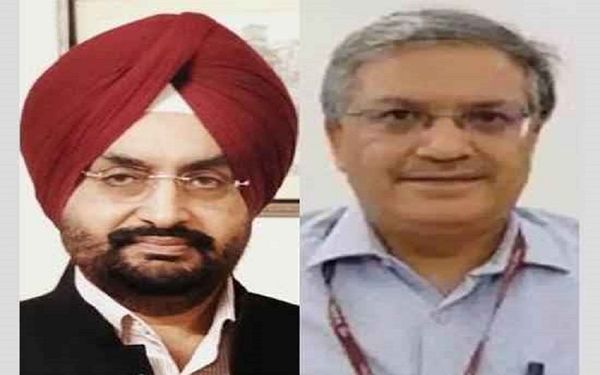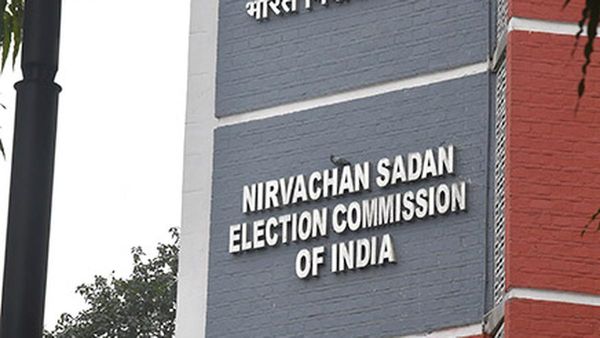The Supreme Court refused to stay the appointments of Election Commissioners (ECs) Sukhbir Singh Sandhu and Gyanesh Kumar on Friday even as petitioners argued that the hurry and lack of transparency shown by the government has sent a wrong message that the two retired IAS officers are “favourable” to the regime in power.
Appearing before a three-judge Bench headed by Justice Sanjiv Khanna, the petitioners, represented by senior advocates Kapil Sibal, Vikas Singh and advocate Prashant Bhushan, said the two appointments were made on March 14 in accordance with a new law, the Chief Election Commissioner and other Election Commissioners (Appointment, Conditions of Service and Term of Office) Act of 2023.
The 2023 Act bequeaths the government with the dominant role in the selection of ECs. The appointments of the new ECs were made while a challenge to the law was already pending in the Supreme Court, they argued.
However, the Bench was not impressed. It relied on a technical point that legislative enactments were not “normally” stayed.
“But this issue deals with the basic structure of the Constitution. Free and fair elections form the foundation of our democracy… There have been several occasions when this court has stayed the operation of a statute,” Mr. Singh urged.
“Maybe in exceptional circumstances…” Justice Khanna replied.
The court adjourned the case to March 22 while the Election Commission of India is expected to announce the Lok Sabha election dates this weekend. March 22 also happens to be the last working day before the court closes for Holi vacations.
Listing out the series of circumstances which raised suspicions about the process of induction of the two ECs, advocate Prashant Bhushan said the government had deliberately advanced the meeting of the high-profile selection committee by a day to time the appointments ahead of the court hearing on March 15.
The 2023 Act had replaced the Chief Justice of India with a Cabinet Minister in the selection panel chaired by the Prime Minister. The petitioners argued that this law was enacted to get the better of a March 2023 Supreme Court judgment in the Anoop Baranwal case. The judgment had called for a fair and transparent appointments’ mechanism with the participation of the Chief Justice of India as a member of the selection committee.
However, the petitioners argued that even this law, which favoured the government, was violated when the “minority” member of the selection committee and Leader of the largest Opposition party, Adhiranjan Chowdhury, found himself reduced to the status of a figurehead in the selection of the two ECs by a majority vote on March 14.
Mr. Chowdhury was given 212 names of candidates only a day prior to the selection committee meeting. He had told the media that he was provided the shortlisted candidates only 10 minutes prior to the appointment. This was a violation of Section 6 of the 2023 Act, which required the selection panel members to be given ample opportunity to make a considered decision on candidates.
“The actions of the search committee as well as the Executive is a bald attempt at bulldozing its own pre-decided candidates through the selection committee without allowing reflection, conversation or debate on the possible choices of candidates,” the petitioners submitted.










